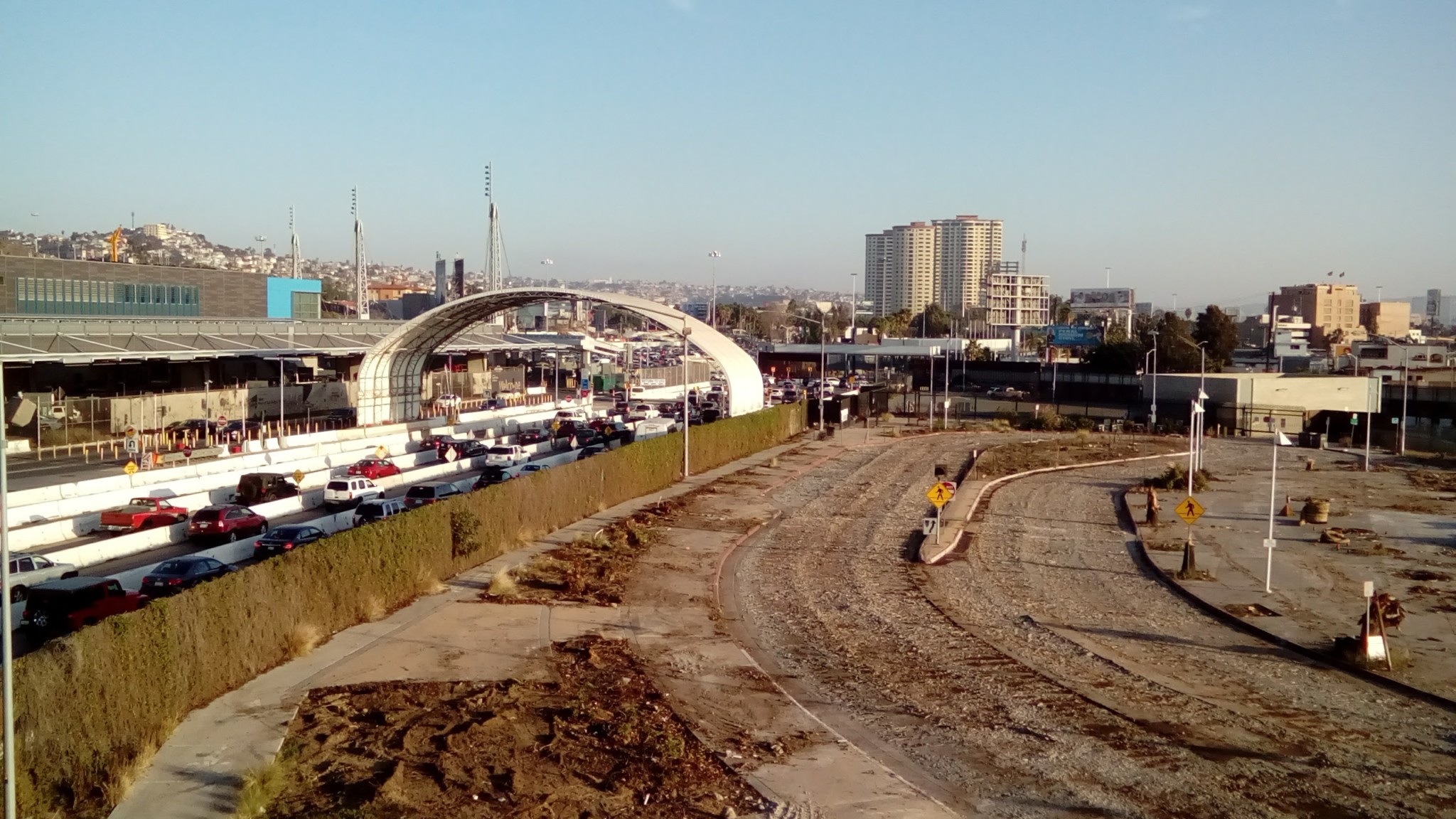Usually in American politics, the period between the national election and the administration taking office is typically a calm period excluding the freeing of hostages as in the Reagan transition. But President-elect Trump is upending that tradition, and inflaming longstanding relationships globally. Most closest to home is our relationship with Mexico and in particular the region along the border from San Diego/Tijuana to Mexicali/Imperial Valley known as the Cali Baja Bi-National Mega Region.
The Cali-Baja Mega Region enjoys a population of 6.6 million and GDP of over $260 billion. The interdependence of our two countries and the working relationships are an example of how foreign direct investment and years of relationship building works to benefit a bi-national region productively. The rhetoric of building walls, placing tariffs on repatriated manufactured goods and services and stopping outsourcing only fuels uncertainty for those who live and work in this highly productive region.
There may be adjustments necessary in NAFTA or the trade and regulatory policies of the United States, and they should be done with consideration, not the ready, fire, aim noise we have been hearing out of Trump Tower. Taking aim of the movement of jobs to offshore locations may be an appropriate step for the U.S. to take; however, placing tariffs on repatriated goods and services is counter to what the Trump campaign rhetoric stated in his new tax reduction policies. Tariffs are taxes, and the U.S. consumer will be the beneficiary of those new taxes. You cannot have it both ways, Mr. Trump!
Global trade is here to stay; rolling up the drawbridges will not save the castle. However, careful consideration to preserve a positive economic balance and tightening up our trade agreements for a more even playing field certainly is a better way than the contradictory, inflammatory messaging that ignites controversy and unrest.
Additionally, saber rattling on immigration is not the answer for needed talent and services. Instead, it continues to exacerbate uncertainty. H1B and H2A guest worker programs can be managed with appropriate accountabilities and better enforcement policies, and at the same time provide our corporations with the solutions to meet their workforce needs. Software outsourcing to Mexico is coming of age, and the quality supply of talent in Mexico is a solution for many U.S. corporations; it’s the same time zone, close in proximity, language is not an issue and meets a shortage of talent in the U.S. Stopping outsourcing will not only stall technology advancement, it doesn’t solve our domestic talent shortages.
When it comes to jobs going “out,” consider jobs coming “in,” During the past three years, over 1.5 million jobs have been created in Texas, Pennsylvania, Illinois and California. Approximately 450,000 of those jobs were in California alone from inward investment by foreign companies. Additionally, R&D expenditures in the U.S. by foreign companies exceed $70 billion annually, creating more domestic jobs.
Part of the jobs issue is recognizing that advanced manufacturing and automation have made the American workplace the most productive in history. How we deal with those new jobs created and what to do with those that may be impacted is more important than worrying about some jobs that would be terminated or as Mr. Trump says moved to Mexico. As with Carrier, those jobs would be leaving anyway.
For those of us in the Cali-Baja Bi-National Mega Region, we must codify our collective advocacy efforts and meet with the new administration to minimize uncertainty, using our influence now rather than waiting for the policies to be determined after the train has left the station.
In Sun Tzu’s book, “The Art of War,” it is written that “Victorious warriors win first, then go to war, defeated warriors go to war then seek to win.” Many of the tenets of this book are descriptive of “The Art of the Deal” by Mr. Trump. If we are to conserve the balance of the region, we must act now, with diplomacy and tact — not try to act out a reality show in which our regional economy and its people are at risk.
Watkins, a San Diego resident, is founding member and immediate past chair of the Cali-Baja Bi-National Mega Region.





